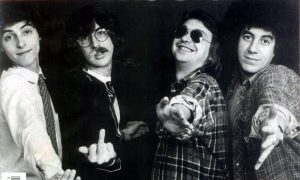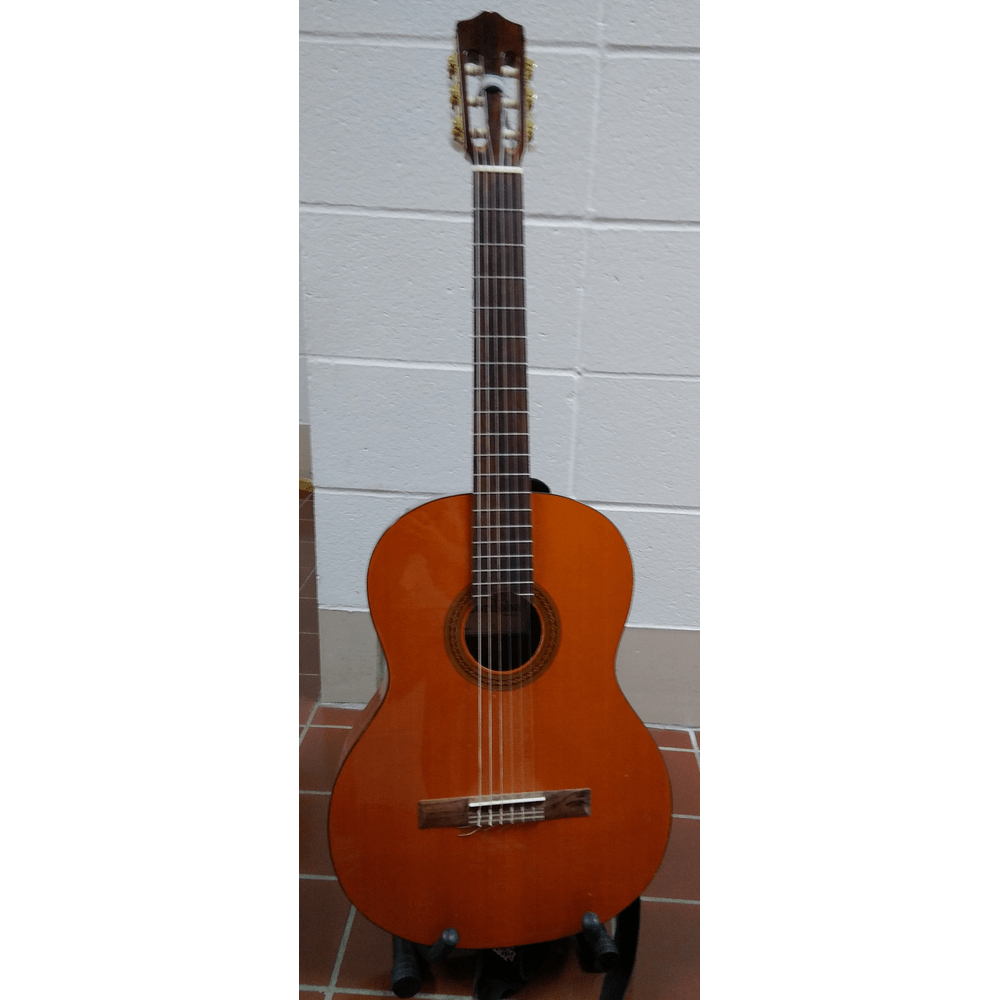The Latin American country of Venezuela has been going through some tough times lately. The government, run by President Nicolas Maduro, a dictator who silences all who oppose his regime, and a failing economy have led to much unrest. So many citizens are unhappy, and while efforts from other nations, including the U.S., are being made to help out in this situation, the people of Venezuela have taken their own steps to show their dissatisfaction with the government. Among the many forms of protest taking place in Venezuela, one of the most effective is music.
Though Maduro’s term will be over in a year, the people in Venezuela are worried that he will change the laws before then and extend his term, as he has already disbanded and replaced congress. Additionally, the Venezuelan economy, which heavily relies on oil exports, has been hurting since global oil prices have been going down. Venezuela alone is down 31.9 thousand barrels per day since July, and leadership did not take measures to prepare for this.
Spanish professor Tim Wilson has taken an interest in the crisis in Venezuela. Aside from the Spanish language and teaching about South American culture, music is also a big part of Dr. Wilson’s life, in and out of class. “For me it all comes back to the classroom,” said Wilson. “Last year I taught a class on rock and dictatorship, and the students and I had the greatest conversations about what young people can do through the power of music. In Argentina, they used it to topple the government.”
“I believe that protest music is a very effective way to protest because the music makes a statement,” said Senior Spanish major David Ramirez, who took Dr. Wilson’s rock music class. “We can see examples in Argentina and Chile where bands rise against the government by singing protest music.”
In Argentina during the 1970s and 1980s, the main form of protest music was rock ‘n’ roll. Today in Venezuela, other genres have emerged. “Obviously it’s a different era. There’s a lot more rap, hip hop and reggaeton,” said Wilson. Popular musicians like singer Nella (Marianela Rojas) and even composers like Gustavo Dudamel have used their music to protest Moduro. “These musicians are the voice of the people, so the people look up to these musician to speak for them,” said Ramirez.
Many musicians who have protested Maduro, including Nella, have been exiled to other countries like Mexico, where they can speak freely at their concerts, without the fear of being arrested. “We go to a concert just for fun. It doesn’t mean anything,” said Wilson. “These concerts can take on a totally new meaning. You’re getting together, you’re desperate and you just need to talk to somebody about it. It can be a really amazing thing.”

Argentine band Seru Giran telling the govenment how it feels

